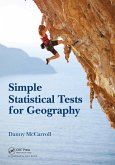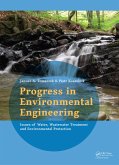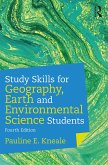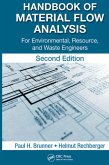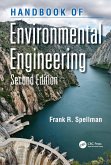For students embarking on their first research project, sieving through the vast amount of information on the Internet can be a daunting and time consuming task. Research projects require not just understanding of the research methodology, but also complementary skills including information search, technical writing, oral presentation, and software knowledge. This book is written especially for students who need a quick and concise handbook to support them in conducting research so that they can devote most of their time to their research.
Dieser Download kann aus rechtlichen Gründen nur mit Rechnungsadresse in A, B, BG, CY, CZ, D, DK, EW, E, FIN, F, GR, HR, H, IRL, I, LT, L, LR, M, NL, PL, P, R, S, SLO, SK ausgeliefert werden.




